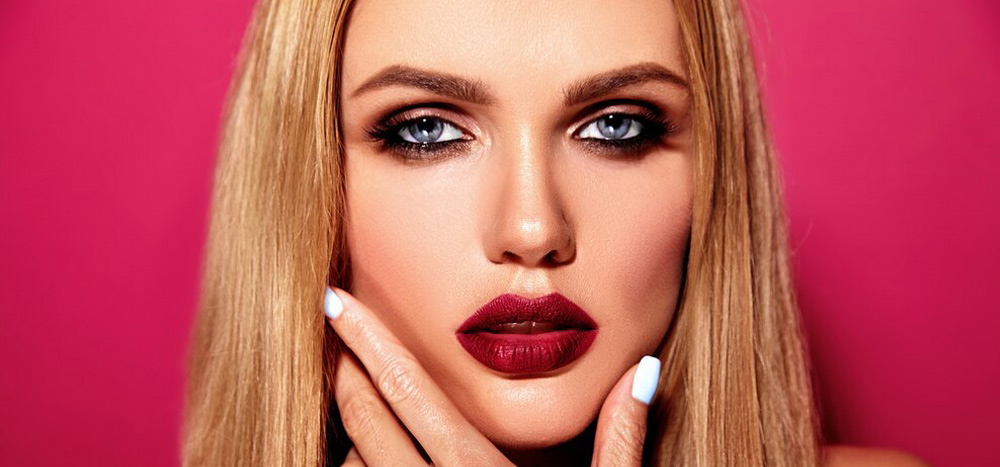The Impact of Makeup on Everyday Life
Makeup has been an integral part of human culture for centuries, serving as a means of self-expression, enhancing beauty, and even symbolizing status. In today’s world, the use of makeup transcends aesthetics, influencing various aspects of life including personal identity, confidence, societal perceptions, and professional interactions. This article explores the multifaceted impact of makeup on everyday life, delving into its psychological, cultural, and social dimensions.
1. The Psychological Impact of Makeup
Makeup can significantly influence an individual’s self-esteem and confidence. The act of applying makeup often serves as a ritual that helps people feel prepared for the day ahead.
- Boosting Confidence:
- Makeup enhances features, helping individuals feel more attractive and confident. A survey conducted by the NPD Group found that 90% of women use makeup to improve their self-esteem.
- For many, wearing makeup provides a sense of control over their appearance, which can lead to improved mental well-being.
- Mood Enhancement:
- The act of applying makeup can be therapeutic, allowing for a few moments of mindfulness and creativity.
- Colors and styles can reflect or influence moods; for example, bold red lipstick might signify confidence, while soft pastel eyeshadows can evoke calmness.
- Transformative Effects:
- Makeup allows individuals to experiment with different personas, helping them discover and embrace various facets of their personality.
- This transformation can be particularly empowering for those struggling with skin conditions or scarring, offering a way to feel more comfortable in social settings.
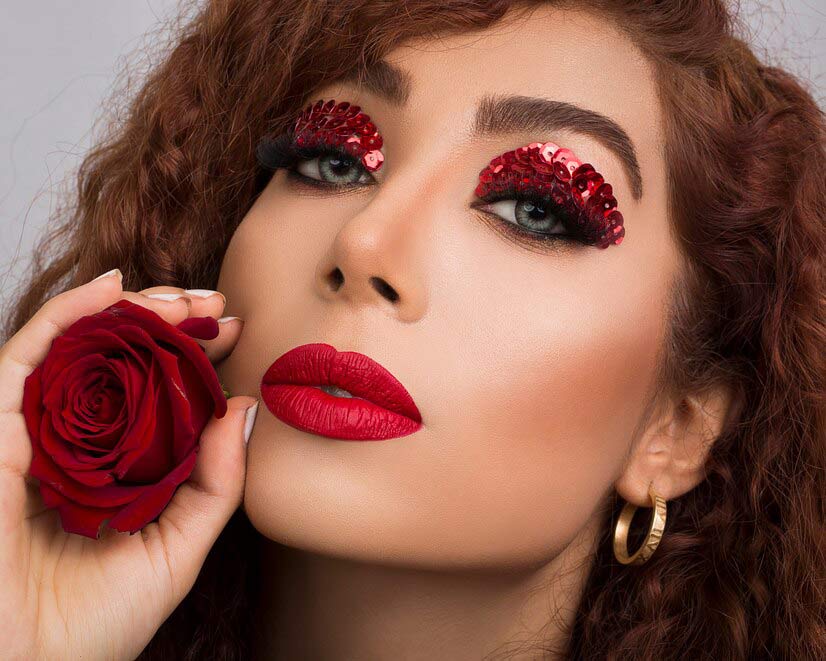
2. Cultural Significance of Makeup
The use of makeup varies widely across cultures, often reflecting societal norms, traditions, and values.
- Historical Context:
- In ancient Egypt, makeup was not only a beauty enhancer but also held religious significance. Kohl eyeliner was used to protect against the “evil eye” and the harsh sun.
- During the Victorian era, minimal makeup was associated with modesty, while bold cosmetics were often linked to performers or those with lower social status.
- Modern Global Trends:
- In South Korea, makeup is a key part of the “K-Beauty” industry, emphasizing flawless skin and youthful looks.
- In Western cultures, makeup trends often emphasize individuality, with bold and experimental looks gaining popularity through platforms like Instagram and TikTok.
- Rituals and Traditions:
- Many cultures incorporate makeup into traditional ceremonies. For instance, bridal makeup is a significant aspect of weddings in India, symbolizing beauty, prosperity, and good fortune.
- Indigenous communities worldwide often use face paint and makeup for spiritual or ceremonial purposes.
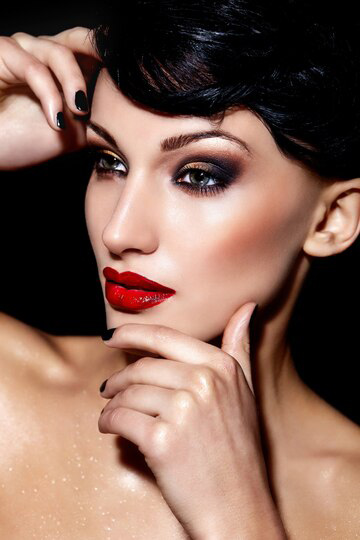
3. The Social Dynamics of Makeup
Makeup plays a crucial role in how individuals are perceived and treated within society.
- Societal Expectations:
- Makeup can be a double-edged sword. Women, in particular, may feel pressured to wear makeup to conform to societal standards of beauty.
- Studies show that people wearing makeup are often perceived as more competent, approachable, and trustworthy in professional and social contexts.
- Expression of Identity:
- Makeup is a powerful tool for self-expression, allowing individuals to showcase their personality, creativity, or even political statements.
- Movements like “body positivity” and “makeup-free challenges” highlight the choice to embrace natural beauty, challenging traditional norms.
- Gender and Makeup:
- While traditionally associated with women, makeup is increasingly embraced by men and non-binary individuals as a form of expression and artistry.
- The rise of influencers like James Charles and Bretman Rock has normalized makeup use across genders.
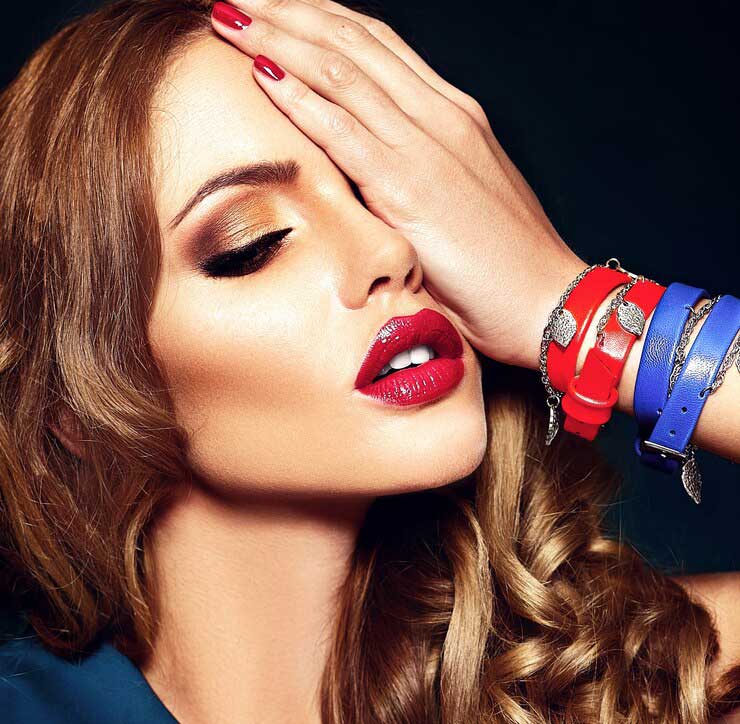
4. Makeup in the Professional World
The impact of makeup extends to workplaces, where it can influence first impressions, hiring decisions, and professional relationships.
- First Impressions:
- Studies suggest that individuals wearing subtle makeup are perceived as more professional and competent during job interviews.
- Employers and colleagues may subconsciously associate polished appearances with dedication and reliability.
- Career Advancement:
- In industries like fashion, beauty, and media, makeup is often considered part of the job. Professionals in these fields use makeup to align with industry standards and trends.
- Conversely, some workplaces are embracing a more relaxed approach, encouraging employees to prioritize comfort over appearance.
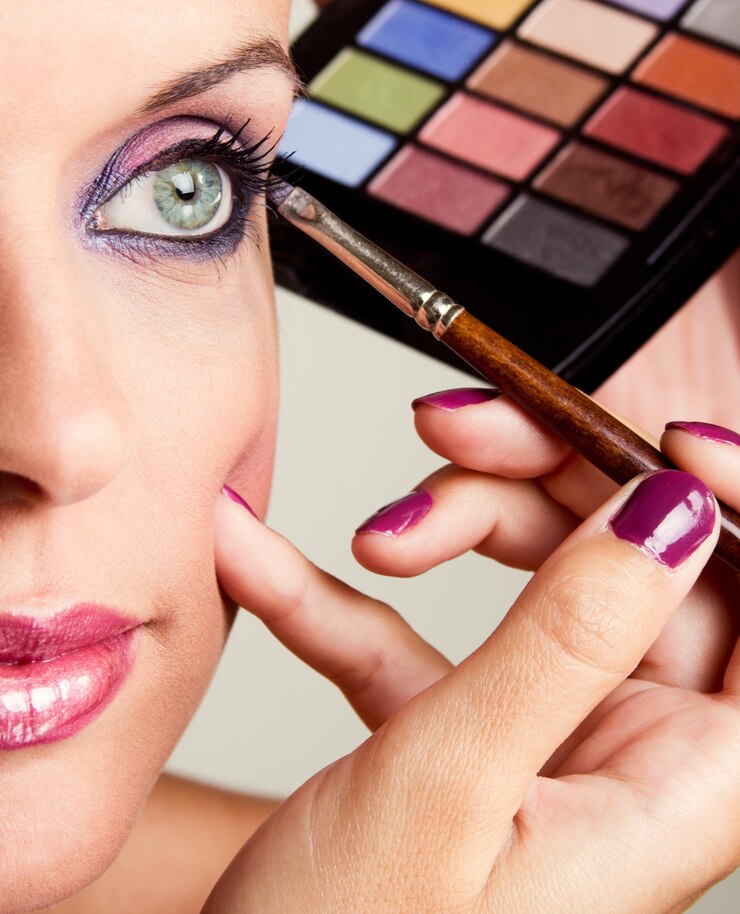
5. The Economic Influence of Makeup
The global cosmetics industry is a multi-billion-dollar market, reflecting the significant role makeup plays in everyday life.
- Consumer Spending:
- According to Statista, the global beauty market was valued at $511 billion in 2021, with makeup accounting for a substantial portion.
- Consumers are willing to invest in quality products that promise better results or align with their values, such as cruelty-free or sustainable makeup.
- Digital Influence:
- Social media platforms and influencers have revolutionized the way makeup is marketed and consumed. Tutorials, reviews, and viral trends drive purchasing decisions.
- Virtual try-on tools and AR technology are making it easier for consumers to explore and purchase makeup online.
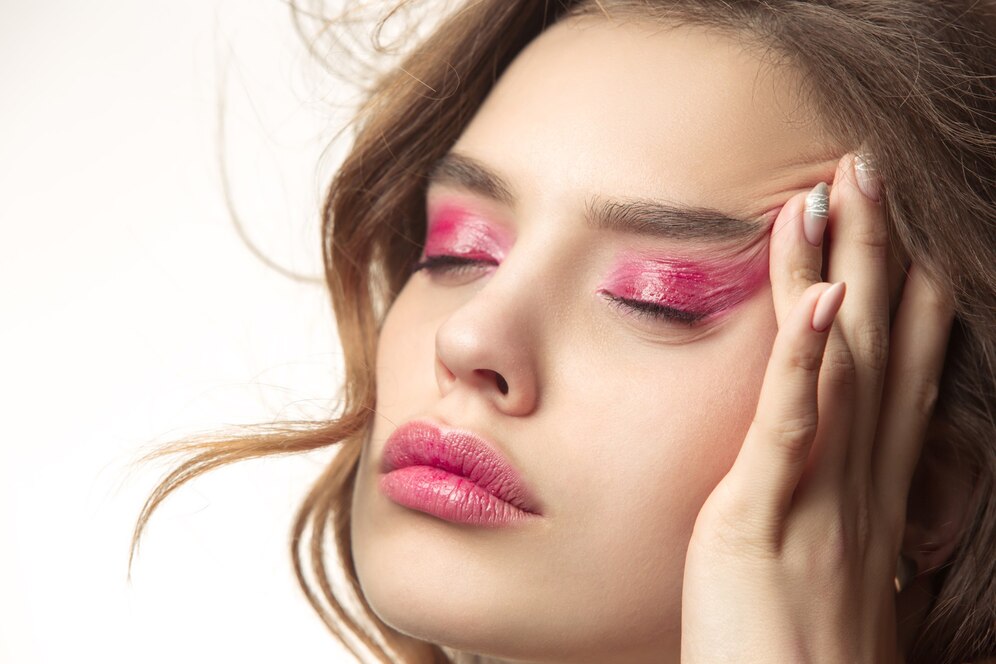
6. Challenges and Criticisms of Makeup
Despite its many benefits, makeup is not without its challenges and criticisms.
- Unrealistic Beauty Standards:
- Makeup advertising often promotes unattainable ideals, leading to self-esteem issues, particularly among young people.
- The “Instagram face,” characterized by flawless skin and exaggerated features, has sparked debates about authenticity and self-acceptance.
- Health Concerns:
- Some makeup products contain harmful chemicals that can cause skin irritation or long-term health effects.
- The rise of clean beauty brands highlights a growing demand for safer and more transparent formulations.
- Environmental Impact:
- The cosmetics industry contributes to environmental issues such as plastic waste and carbon emissions.
- Brands are increasingly adopting sustainable practices, such as refillable packaging and eco-friendly ingredients, to mitigate their impact.
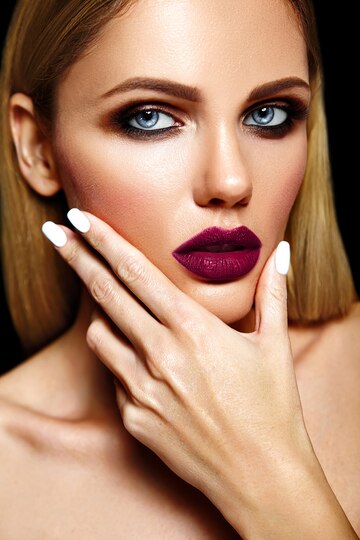
7. The Future of Makeup
As society evolves, so too does the role of makeup. Emerging trends suggest a more inclusive, innovative, and sustainable future for the cosmetics industry.
- Inclusivity:
- Brands like Fenty Beauty have set new standards by offering extensive shade ranges to cater to diverse skin tones.
- Gender-neutral marketing and products are breaking traditional barriers, making makeup accessible to everyone.
- Technological Advancements:
- AI and AR tools are enhancing the shopping experience, allowing users to try products virtually.
- Innovations in skincare-infused makeup blur the lines between cosmetics and skincare, offering multifunctional benefits.
- Sustainability:
- The demand for environmentally friendly products is driving the development of biodegradable packaging and clean formulations.
- Consumers are prioritizing brands that align with their ethical and environmental values.
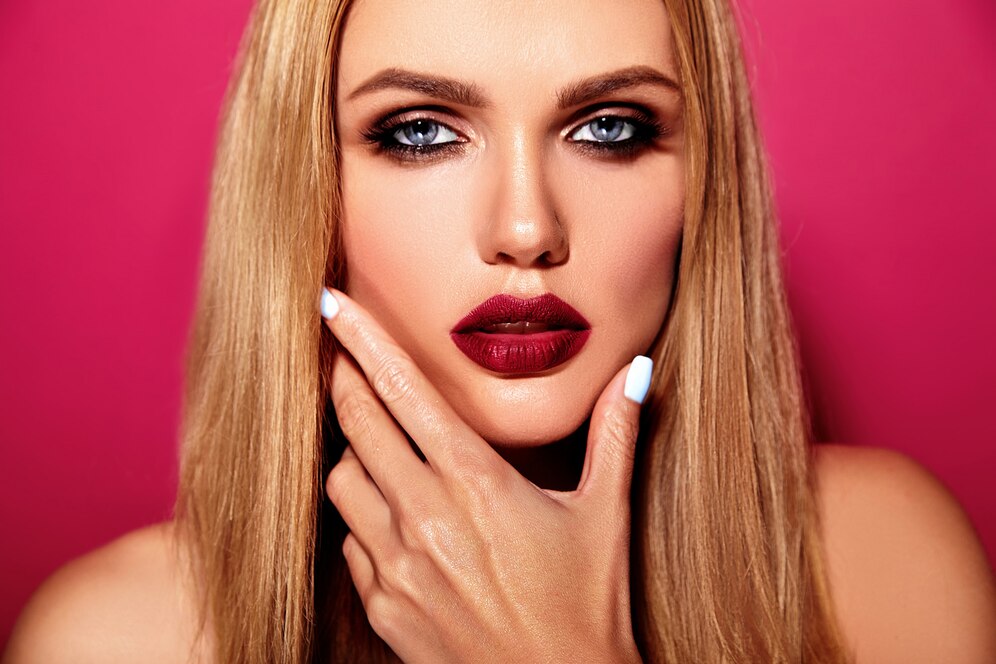
Conclusion
Makeup is far more than just a tool for enhancing physical appearance. It plays a profound role in shaping identity, boosting confidence, and influencing societal interactions. While challenges like unrealistic beauty standards and environmental concerns persist, the industry’s shift towards inclusivity and sustainability offers hope for a brighter future. Whether used as a form of self-expression, a confidence booster, or a creative outlet, makeup continues to be a powerful and transformative force in everyday life.

